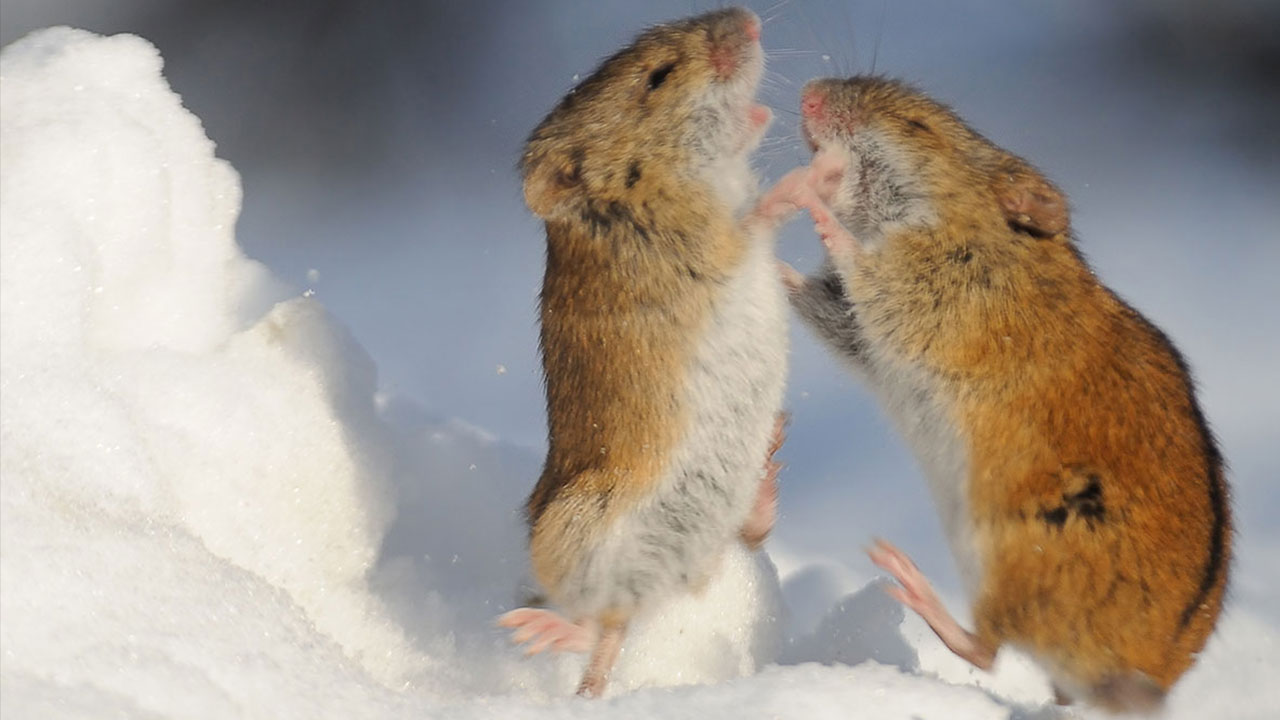Social status is a crucial topic in the animal kingdom. Leadership, privileges through status and ‘being alpha’, the drive to leadAvailable in many species, from mouse to human.
One study examining the neurological effects of status loss in individuals is “alpha males.” loss of status has serious consequences shows.
In the mouse study, the symptoms of depression stood out;

Mice live in a systematic hierarchy in their natural lives. Of course, this also applies to mice living in laboratories. The alpha males of the group worry about the female mice, the food, even where to go to the bathroom. they have more rights. In these groups, where the strong is alpha by nature, the weak links in a sense succumb to the alphas.
What the research team did was help them get ahead and favor the weak. will help them beat the alphas was to create some controlled environments.
They put an alpha mouse and a “regular mouse” nose to nose in a tube and sealed the exit and set up a mechanism where they could only get out of the direction of the alpha mouse. So in order for the mice to get out of the narrow tube, the alpha had to go back and give way to the regular mouse. Although the alpha mouse initially resisted, at the end of this experiment, which was performed 10 times in four days, the other voluntarily began to place the mouse.
The mouse that moved to the ‘strong’ position became the new alpha, while the old alpha mouse lost all its privileges. Soon in the old alpha symptoms of depression started. Losing alphas were also found in several experiments performed. ‘give up faster’ they started.
Researchers who examined neural movements in mice to get the results found that it is also found in humans and in the brain. ‘center of disappointment’ He determined that there was great mobility in the lateral habenula region, called the lateral habenula, after the loss of status. The rats regained their alpha as the symptoms of depression stopped with the drug treatment.










:quality(85)//cloudfront-us-east-1.images.arcpublishing.com/infobae/C4AP4NASJVDBDPVGJTRKEHQCA4.jpg)



